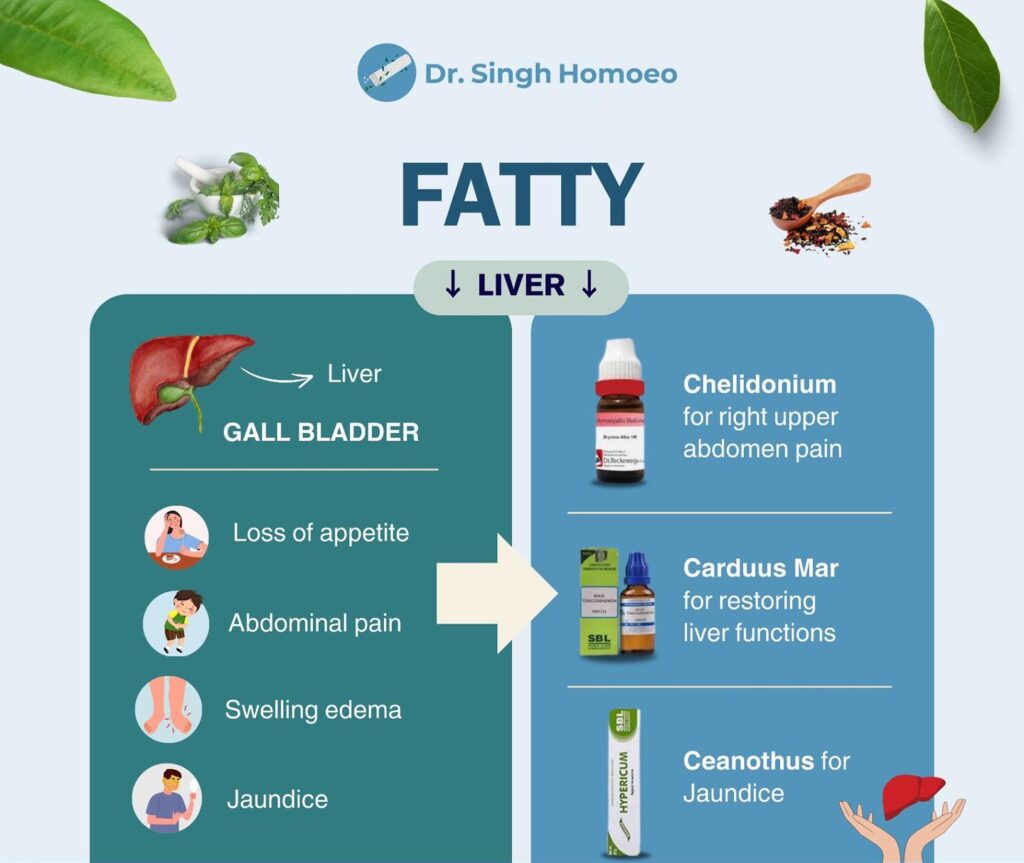In the time of information overload, skincare advice is abundant, yet often contradictory. Myths and misconceptions spread easily, leading many to adopt habits that do more harm than good. As a homeopathy practitioner, I believe in a simple approach to skincare—one that not only addresses the surface but also considers the underlying causes.
Myth 1: Natural Ingredients Are Always Safe and Better for Your Skin
It’s easy to assume that if something is natural, it’s automatically good for your skin. However, “natural” doesn’t always mean “safe” or “effective.” For example, lemon juice is often touted as a natural skin brightener, but its acidity can cause irritation and increase your skin’s sensitivity to the sun, leading to more harm than good.
The key is to understand what your skin needs and choose products that are tailored to those needs, whether natural or synthetic.
Myth 2: You Only Need Sunscreen on Sunny Days
One of the most dangerous skincare myths is that sunscreen is only necessary when the sun is shining. The reality is that ultraviolet (UV) rays can penetrate through clouds and glass, causing skin damage even on overcast days or indoors near windows.
Consistent sunscreen use is crucial for protecting your skin from premature aging, hyperpigmentation, and even skin cancer. A broad-spectrum sunscreen should be a daily part of your skincare routine, regardless of the weather.
Myth 3: Oily Skin Doesn’t Need Moisturizer
Many people with oily skin believe that moisturizing will make their skin even oilier. However, skipping moisturizer can actually lead to more oil production. When your skin is dehydrated, it compensates by producing more oil, which can exacerbate the problem.
Choosing the right moisturizer is essential. Look for lightweight, non-comedogenic formulations that hydrate without clogging pores. Proper hydration helps balance oil production and maintain healthy skin.
Myth 4: Acne Is Just a Teenage Problem
Acne is often associated with adolescence, but it can affect people well into their adult years. Adult acne can be triggered by a variety of factors, including hormonal changes, stress, diet, and improper skincare routines.
Instead of relying on harsh treatments, which can irritate the skin further, consider a more balanced approach.
Homeopathy, for instance, looks at the individual’s overall health and lifestyle to address the root cause of acne rather than just the symptoms.
When believing in Myths around you, you tend to dive into never ending circle of wrong and right. For that instance you should have a proper knowledge for believing or denying anything.



